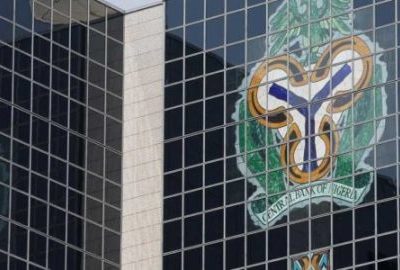In the last few years, financial inclusion has become widely recognized as one of the most important engines of economic development. With the World Bank considering financial inclusion as one of its key goals in the coming years, Frank Breuss, CEO of Nikulipe, a Fintech company creating and connecting Local Payment Methods to access Emerging and Fast-Growing Markets, says that there is much more to the term than is widely assumed since financial inclusion does not necessarily mean access to global e-commerce.
Major progress has been made in the past decade in bringing more financial inclusivity, and Local Payment Methods (LPMs) have been at the forefront. Kenya, one of Africa’s most technologically advanced countries is one example. With 96% of households owning a mobile money account, mobile payments are the most widespread LPM. This number is higher than the average in other Sub-Saharan Africa countries, entailing that local and regional e-commerce merchants are leading the way. However, access to more global e-commerce, encompassing global merchants is still stagnating.
RELATED FirstBank Deepens Financial Inclusion With Largest Agent Banking Network, Empowers SMES
Frank Breuss notes that there is a large number of people in emerging markets who have disposable income and want to join the world of global e-commerce—purchase products and services from international merchants and be financially included in this sense.
“While the majority of people in Europe and North America have bank accounts and, therefore, access to credit or debit cards, this is not the case in many emerging markets. Here, often 50% or more of the population does not have the opportunity to use traditional banking. Consequently, they often cannot make purchases with international online merchants who, in many cases, primarily offer card or bank-transfer as payment options.”
In Emerging Markets, access to online payments is usually restricted to Local Payment Methods (LPMs, also referred to as Alternative Payment Methods). These LPMs are essentially payment options that do not include the use of bank transfers or major credit cards. According to Breuss, while some domestic or regional online retailers do accept such mobile-money solutions, like M-Pesa and Airtel Money in Africa, international merchants do not yet do so.
He also notes that the problems which are holding back growth in fast-growing and emerging markets have been around for years.
“Country-specific legislation, currency restrictions, as well as logistics, are among the key issues hindering e-commerce growth. One of the key ways to accelerate the wider inclusion in global e-commerce is through local know-how. This way, the complexity of entering Emerging Markets for global Merchants, as well as Payment Service Providers, can be reduced.”
Breuss adds that there is a real window of opportunity—financial inclusion can be accelerated with the right partnerships and approach to payment complexities in fast-growing and emerging markets. Connecting existing Local Payment Methods into a single network, for example, could speed up the process immensely, which is one of the main drivers behind Nikulipe’s goal—to provide unified LPM access for global merchants, so that consumers in emerging markets could be included in international e-commerce.
There are still markets and countries that have little coverage of LPMs—or where those LPMs are not automatically available to everybody yet. That said, bringing a more unified access to Local Payment Methods by breaking them out of their domesticity, can further increase spread and usage, bringing both broader inclusion and e-commerce growth to the markets.






























